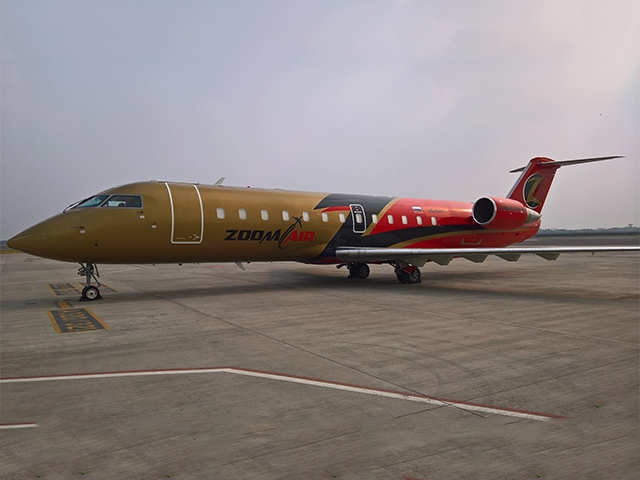UAE-based global aviation group Sky One FZE expanding its India footprint
Total Views |
Sky One FZE, a worldwide aviation firm located in the United Arab Emirates, is aggressively seeking development potential in India through large acquisitions and new alliances.

The Group is already active in the nation, notably in the Northeast, with a wide portfolio of aviation assets, including helicopter charter services under the banner of Sky One Airways. "The company aims to capitalize on India's flourishing aviation market and contribute to its dynamic growth," stated Sky One FZE Chairman Jaideep Mirchandani.
According to recent research, India has enormous potential as one of the world's major aviation markets, providing considerable chances for finance in the aircraft leasing business. According to projections, the country might receive up to USD100 billion in finance in this industry over the next 20 years.
"These figures highlight the importance of taking decisive and strategic actions, particularly in the aircraft leasing segment, and Sky One FZE's India expansion strategy aims to capitalize on these emerging opportunities," Mirchandani added.
Sky One FZE was one of three bidders in 2023 for the government's interest in the Indian helicopter services business Pawan Hans. Sky One FZE's dedication to uncompromising safety, reliability, and a customer-centric approach, according to Mirchandani, would position it as a vital contributor to India's aviation growth narrative.
By 2038, India's aviation fleet is expected to triple in size, reaching 2,300 planes, with single-aisle planes driving demand and accounting for about 85 percent of new deliveries.
Furthermore, India's commercial fleet is predicted to surpass 5,000 aircraft by 2050.
"As leasing experts, we intend to broaden collaborations in the burgeoning Indian aviation sector by collaborating with additional aircraft providers to ensure safe and reliable travel for a broader range of customers." "We are also looking into acquisition and revival of some partner airlines," he said.
Mirchandani further stated that Sky One FZE is dedicated to working with essential stakeholders, industry partners, and regulatory agencies to ensure that future projects are in line with India's aviation strategy and contribute to the country's long-term progress.


